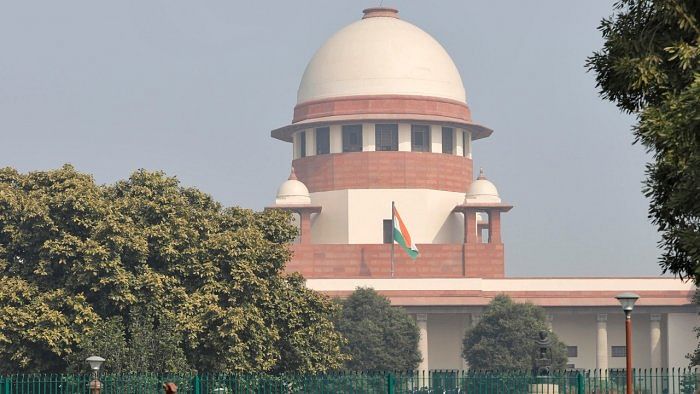
One of the most impactful cases before the Supreme Court that the court has failed to hear and judge is the petition against the electoral bonds scheme. The first petition challenging the validity of the scheme was filed in 2017, soon after the scheme was announced by the Modi government, by the Association for Democratic Reforms, and later by others. It is surprising that a matter of such high public importance and interest has been ignored by the court even despite requests made to it from time to time by the petitioner organisation and others for an early decision on it. Former Chief Justice of India Justice N V Ramana had said in April this year that the case would be listed soon. The petitions appeared on the cause list on September 19, but no bench has been assigned to hear it. Interim petitions seeking a stay on the scheme were dismissed by the court twice in the past.
Electoral bonds are bearer instruments for making donations to political parties. Donors’ identities would remain unknown, but the government has claimed that the bonds would make political donations free of black money. The scheme has attracted criticism on various grounds like lack of transparency, bias towards the ruling party, the anonymity of the donors. Most of the over Rs 9,000 crore raised through the bonds has gone to the BJP, and the Opposition parties are aggrieved that the scheme is heavily loaded in favour of it. The bonds go for sale in 10-day windows in the beginning of every quarter, and one such window opened on October 1. Parties have again expressed concern over yet another bond issue, and Congress leader P Chidambaram has described it as another opportunity for those who have got favours from the government to pay their “dues”.
Also Read | Abortion rights: Landmark ruling
The issue is not just about the complaints of political parties. The salient features of the electoral bonds system violate the norms of electoral democracy. Voters have the right to know who pays whom for the elections and how much, and if those donations influence the party’s or government’s decisions. The way it is framed, the electoral bonds scheme legitimises corruption and has serious repercussions for democracy. The RBI has expressed concerns over it. The Election Commission has indicated its disapproval of it and the Supreme Court itself once said that it involves “weighty” issues having a “tremendous bearing on the sanctity of the electoral process in the country”. Any further delay by the court in taking a decision on the scheme would amount to denial of the people’s right to justice and fair elections, the bedrocks of democracy.